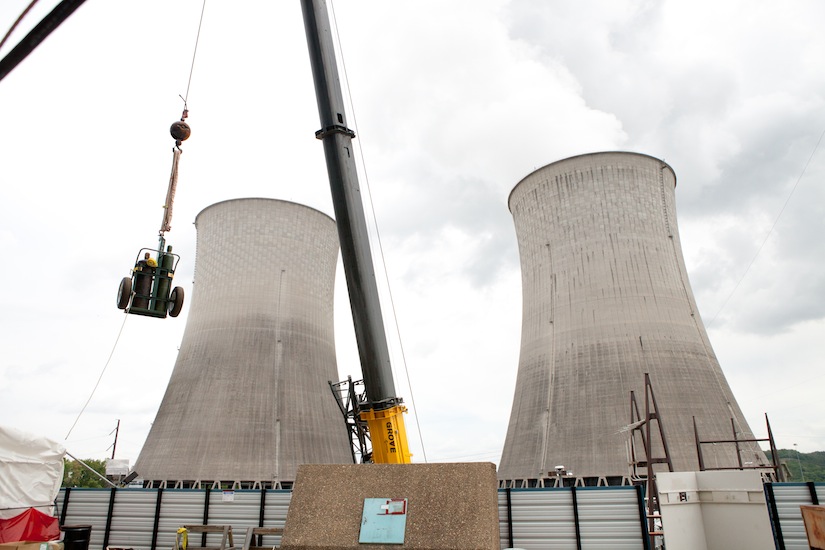
The Tennessee Valley Authority sees no need for additional nuclear power plants for at least the next 20 years.
The energy market has changed in unexpected ways since the last time TVA reviewed its energy needs in 2011. Growth in power demand has gone from 3% annually to just 1% because of things like more efficient light bulbs, and the price of natural gas has remained relatively low.
For these reasons, TVA’s most recent Integrated Resource Plan—currently in draft form—calls for no more restarts of mothballed nuclear reactors, which can provide more power than any other generation method currently in use.
“At least in the cases that we looked at, the need for a large base-load plant really doesn’t show up over time,” TVA vice president Joe Hoagland says.
Four years ago, the IRP contemplated three reactor restarts. One of those was Watts Bar Unit II, which is scheduled for completion later this year. The project was delayed by years and over budget by $2 billion.
TVA has a handful of reactors that were started decades ago during an ambitious expansion of the utility’s nuclear fleet. The utility walked away from those projects in part because of cost overruns and because of public fears of nuclear power. TVA has invested $6 billion in twin reactors at the Bellefonte site in Alabama, that now may never be finished.
Power demand is still expected to grow in the coming years, even if less than once expected. And TVA has to make up for the power generation lost as it continues to shutdown coal-fired plants.
TVA plans to meet future power demand primarily through natural gas plants. They don’t produce nearly as much power as a nuclear reactor, but they can be built for a fraction of the cost and can be fired up as needed when demand spikes on a hot day in mid-July or a cold night in January.
The updated IRP also calls for more intentional efforts to help customers use power more efficiently.
“We’ve actually treated energy efficiency like a power plant,” Hoagland says.
Conservation groups want TVA to do even more on the efficiency front. But some power distributors are concerned. Selling less electricity per customer could result in the need to raise rates.
The utility holds a public meeting in Nashville Tuesday night to receive comments.


